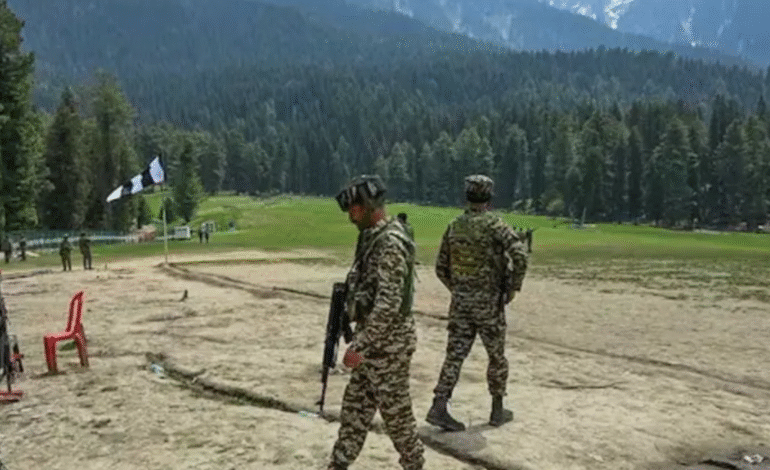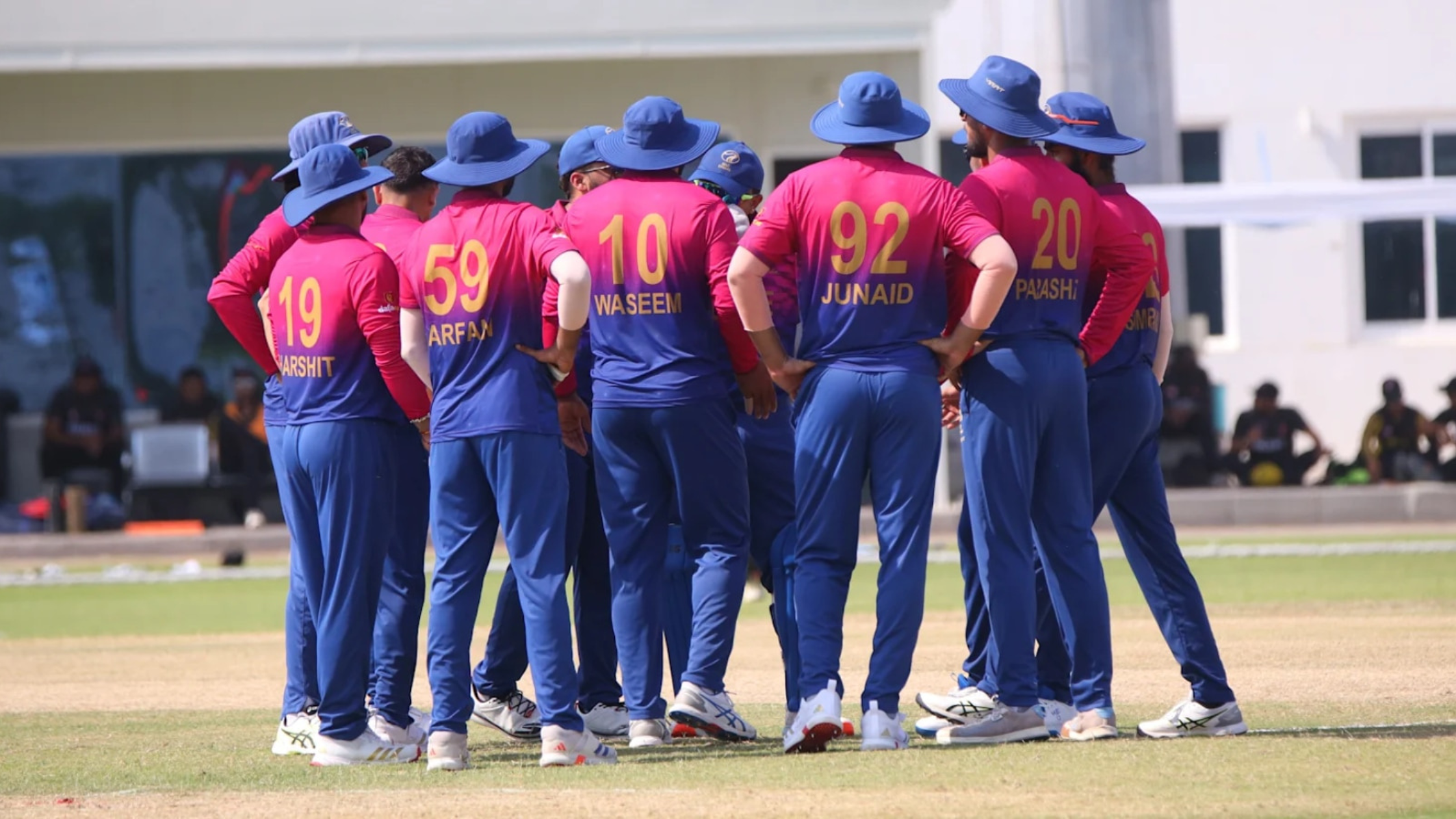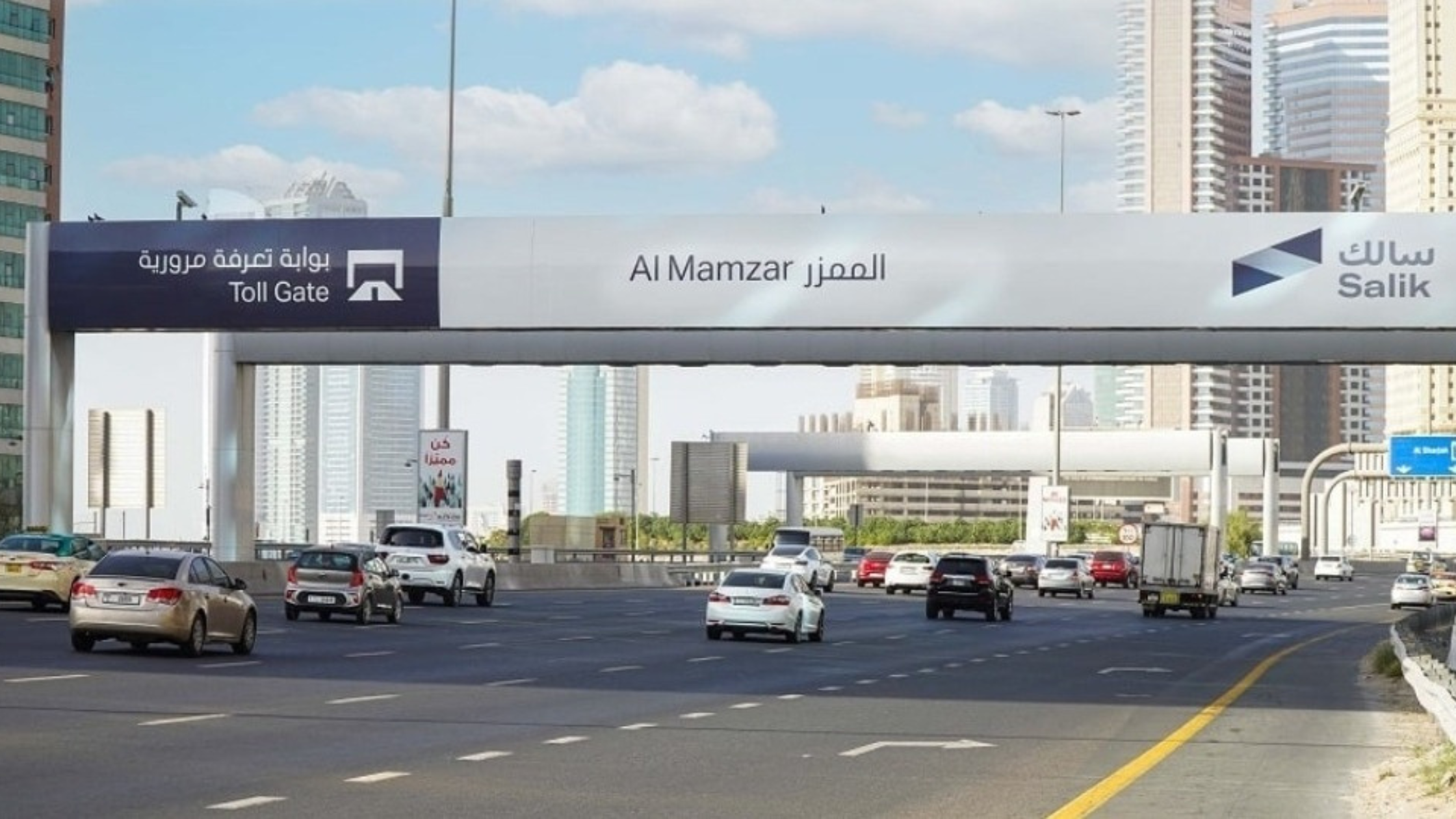Pahalgam Attack Aftermath: Kashmir Tourism Faces Major Setback

One month has passed since the terror attack in Pahalgam on April 22, 2025. The region of Jammu and Kashmir is still reeling from its psychological, economic, and social impact. Known for its serene landscapes and bustling tourism industry, Kashmir now faces fear and silence. The attack, which took place in the scenic Baisaran meadow and was claimed by The Resistance Front (TRF), an affiliate of Lashkar-e-Taiba, has disrupted not only lives but the very identity of Pahalgam as a safe travel destination.
Baisaran Meadow’s Silence Speaks of Kashmir’s Sudden Tourism Collapse
Once known for its lush meadows, pony rides, and nature treks, Baisaran in Pahalgam is now deserted. What used to be a lively corner of Kashmir’s tourism circuit has transformed into a zone of silence. The April 22 attack has created an atmosphere of fear among both tourists and locals, leading to mass cancellations and a severe decline in advance bookings.
Tourist destinations across Kashmir, including over 50 popular spots, were shut down immediately following the attack. These closures have significantly impacted Jammu and Kashmir’s tourism sector, which annually contributes approximately ₹10,000 crore to the regional economy. The drop in visitors has not only stalled current revenue but also raised concerns over the upcoming summer travel season.
Local Businesses in Pahalgam Bear the Brunt of the Crisis
The consequences have been financially devastating for local businesses in Pahalgam. Markets that once thrived on selling Pashmina shawls, handcrafted souvenirs, dry fruits, and traditional Kashmiri wares are now closed. Many shopkeepers have relocated to cities like Srinagar to find alternative sources of income.
Local economies that heavily depend on seasonal tourism have been left in disarray. With no footfall, there’s no income. Many artisans, hotel workers, and transport providers have expressed anxiety over the uncertain future, as their livelihoods hang in the balance.
‘Chalo Kashmir’ Campaign Aims to Rebuild Trust and Tourism
In a bid to restore travel confidence and revive Kashmir’s tourism industry, a nationwide initiative titled ‘Chalo Kashmir’ has been launched. Spearheaded by over 2,400 travel associations across India, the campaign seeks to bring back tourists and restore the Valley’s image as a safe, welcoming destination.
A key feature of the campaign is a familiarization (fam) tour, scheduled from May 27 to May 29, where travel agents from major Indian cities will visit Kashmir. Their experience will be used to promote safe travel and inspire vacationers to reconsider cancelled plans. Organizers highlight that this is not just a business decision but a moral initiative to show solidarity with the people of Kashmir.
Given that over three lakh people are directly employed in tourism and more than two million are indirectly supported by it, the campaign is crucial for Kashmir’s economic recovery.
Massive Discounts and Pilgrimage Support Offer Hope to Local Tourism
To encourage bookings, hotel associations in Kashmir have announced up to 50% discounts on accommodation, including guest houses, hotels, and houseboats. This move is intended to attract budget-conscious travelers and families planning summer getaways.
Tariq Ghani, President of the Chamber of Commerce, praised the efforts of the travel industry while highlighting the human cost of the terror attack. He also reaffirmed support for the upcoming Amarnath Yatra, one of the largest Hindu pilgrimages, urging people not to let fear overpower faith or tradition.
Once-Crowded Tourist Towns Now Stand Empty
The chilling effects of the Pahalgam attack have rippled across the Kashmir Valley. Tourist destinations like Gulmarg and Sonamarg, typically overflowing with vacationers at this time of year, now appear abandoned. Residents describe the atmosphere as eerily quiet, more like ghost towns than thriving summer hubs.
This emotional and economic void has deeply affected people whose lives are rooted in hospitality. From houseboat owners to pony ride operators, the tourism standstill has made day-to-day survival difficult.
However, some optimism is growing. Manzoor Pakhtoon, President of the Houseboat Association, believes the “Chalo Kashmir” campaign will rejuvenate travel interest. He noted that travel agencies in Delhi, Mumbai, and Kolkata are actively supporting the initiative. Encouragingly, travelers from West Bengal and southern India have started showing renewed interest in Kashmir holidays.
Operation Sindoor: India’s Strong Response to Cross-Border Terrorism
India’s response to the Pahalgam terror strike came swiftly with the launch of Operation Sindoor on May 7, 2025. This military initiative targeted nine terror camps operating in Pakistan and Pakistan-occupied Kashmir (PoK). The operation involved precision missile strikes that aimed to destroy key militant infrastructure while avoiding civilian casualties.
Though official data has not been released, sources say the strikes were based on detailed intelligence reports linking these camps to the April 22 attack. The Indian government has since taken further steps, including the suspension of the Indus Waters Treaty, a key bilateral agreement impacting Pakistan’s agricultural resources.
Additionally, a reward of ₹20 lakh has been announced for information leading to the arrest of three Pakistani nationals believed to have orchestrated the Pahalgam incident. Posters with their names and photos have been circulated nationwide.
Tiranga Shikara Rally Sends Message of Unity from Dal Lake
In a show of national unity, the Bharatiya Janata Party (BJP) organized a large-scale Tiranga Shikara Rally on Dal Lake in Srinagar. Hundreds of boats adorned with the Indian tricolour took to the water in a peaceful demonstration of solidarity with the victims and in support of India’s armed forces.
Sheikh Salman, the BJP’s District President in Srinagar, stated that the rally reflected not just local but national gratitude towards the military response under Operation Sindoor. He emphasized the importance of standing firm against terrorism and promoting unity among citizens during difficult times.
These public gestures, while symbolic, play an important role in lifting the morale of both residents and potential travelers.
Tourists Begin to Return Slowly Amid Reassurances
Despite heightened tensions and security measures, some tourists have begun to return to Kashmir. Online travel forums and booking platforms report a cautious uptick in interest, especially with discounted packages and promotional efforts like “Chalo Kashmir.”
Authorities are working to reassure travelers by increasing security presence and offering real-time updates on safety conditions. Hoteliers and local guides are also coordinating to provide secure and comfortable experiences for early visitors.
Still, challenges remain. Emotional healing, infrastructural restoration, and confidence building will take time. But the resilience of the Kashmiri people and support from across India offer hope for a full recovery in the months ahead.
Rebuilding Kashmir Tourism Through Strength and Solidarity
The Pahalgam terror attack was a blow not just to Kashmir’s safety but also to its identity as one of India’s most cherished travel destinations. But in the face of adversity, Kashmir is choosing resilience over retreat. Through Operation Sindoor, nationwide travel solidarity, and campaigns like “Chalo Kashmir,” efforts are underway to restore safety, livelihoods, and optimism.
The return of tourists, even in small numbers, is a positive sign. More than just a holiday destination, Kashmir is a symbol of natural beauty, culture, and endurance. With continued national support and strategic measures, the Valley has a strong chance of reclaiming its place on the global tourism map. And welcoming back the world with open arms.







